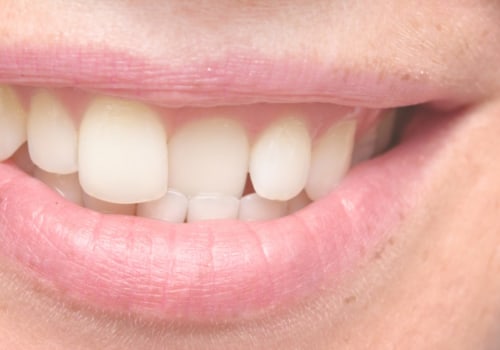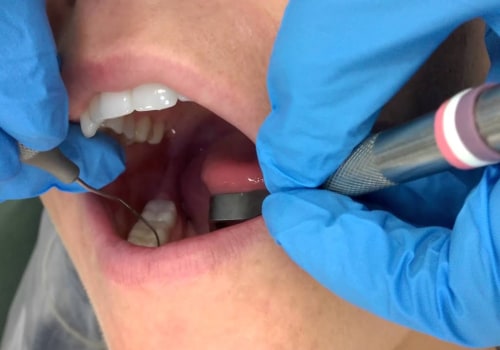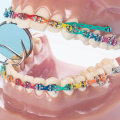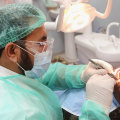Dentists are medical professionals who specialize in diagnosing, treating, preventing, and controlling disorders of the teeth and mouth. They can work in private offices, hospitals, clinics, public health centers, or universities. Dentistry, also known as dental medicine and oral medicine, is the branch of medicine that focuses on the teeth, gums and mouth. It involves the study, diagnosis, prevention, management and treatment of diseases, disorders and conditions of the mouth.
This includes dentition (the development and arrangement of teeth) and the oral mucosa, as well as other aspects of the craniofacial complex such as the temporomandibular joint. The history of dentistry dates back to 7000 BC. C., making it one of the oldest medical specializations. In some regions, dentistry is also understood to include the now-defunct medical specialty of dentistry (the study of the mouth and its disorders and diseases).
Specialties such as oral and maxillofacial surgery (facial reconstruction) may require medical and dental degrees to study them. Dental treatments are carried out by a dental team which usually consists of a dentist and dental assistants (dental assistants, dental hygienists, dental technicians and dental therapists). Most dentists work in private offices (primary care), dental hospitals or institutions (secondary care) such as prisons or military bases. The most common treatments include tooth restoration, surgical extraction or removal of teeth, root scraping and smoothing, endodontic root canal treatment, and cosmetic dentistry.
Dentists can perform most dental treatments without any specialization such as restorative (fillings, crowns, bridges), prostheses (dentures), endodontics (endodontics), periodontal therapy (gums) and tooth extraction. They can also carry out examinations, radiographs (radiographs) and diagnostics. Depending on their licensing boards, general dentists may need to complete additional training to perform sedation, dental implants etc. Professional opportunities in dentistry are in high demand and available depending on your educational and professional qualifications.
Every dental professional (dental assistants, dental hygienists, dental laboratory technicians etc.) works as a team to provide value to their customer base. Dentists usually work in clean, well-lit and well-equipped offices. While most dentists have their own private offices, some are employed by large health centers such as hospitals.






